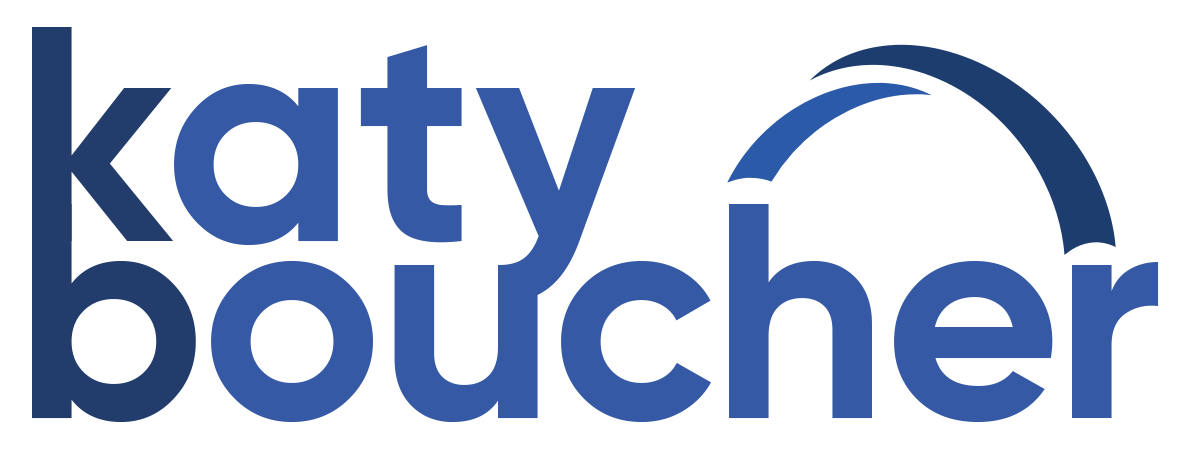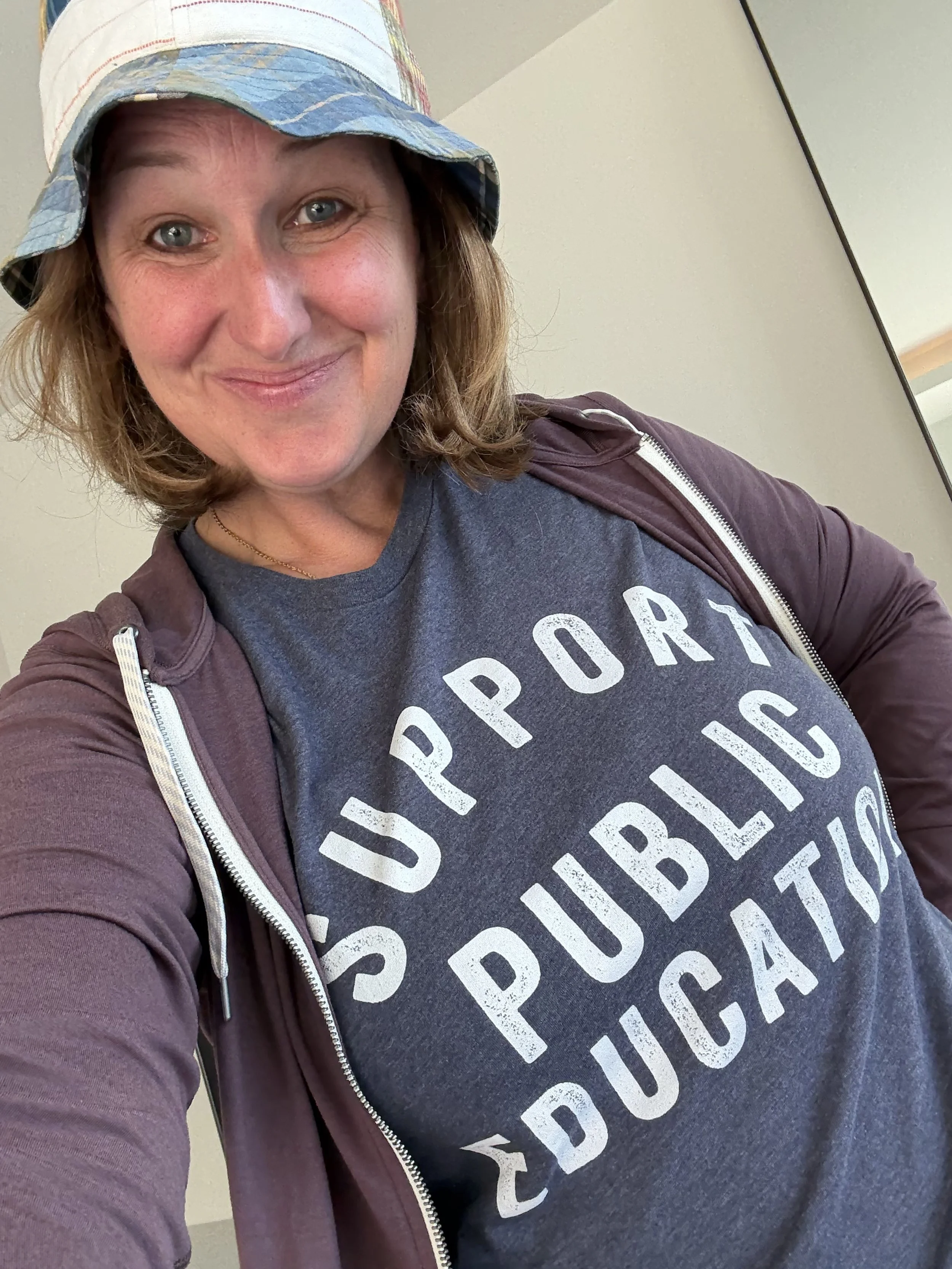Finding my (Unexpected) People
I often feel like I don’t fit in anywhere in education.
When I talk to other Heads of Schools, I often don't share that I'm a founder. Depending on the school's age, founders are either seen as dusty figures from the past or as charasmatic, but stubborn leaders who overstayed their welcome.
When I'm with public school educators, I tend to downplay my role as an independent school leader, because at a quick glance, a tuition-driven model can feel elitist and exclusionary.
With special educators, the neurodivergence of most of my students is met with quick camaraderie, but the idea of their IEP not being actively engaged is unsettling.
And in spaces with microschools and homeschoolers, people appreciate the smallness of my school but are quickly bewildered that we don’t have a student-led curriculum.
So, for a long time, I had really been looking forward to a conference in Washington, D.C.—a gathering of 300-ish microschool founders from across America. Finally, I'd be with people who understood the unique blend of bravery, loneliness, freedom, and limitation that defines our work.
On the first night, I wandered down to the cocktail hour. I entered the room and immediately noticed that a lot, and I mean a lot, of the microschool founders were from Christian schools in red states. I grabbed a glass of wine and a tiny sandwich and hid behind a wall. I took a bite of hot honey chicken and sighed—another space in education where I just didn’t fit in.
The next morning, I went into a session with an open mind. As I settled in, I started to spot my people. A woman with a little RESIST pin on her bag. A mother proudly sharing about her neurodivergent child. A farm school founder who described being a safe haven for LGBTQ kids in the rural west. I exhaled.
As the conference continued, I started to let my guard down a little. I spoke with people and realized that despite our assumed massive political differences, we had a lot in common. We all loved our schools, we all felt alone at times, and while starting up, had all worried at least once about covering payroll.
The t-shirts we wear only tell part of our story.
On the last day, I had breakfast with a woman from the very rural, very deep South. She told me how every morning, she drives two hours in her minivan to pick up her five students, most of whom don't have internet or running water at home. She teaches them to read and loves them fiercely, then worries for them all afternoon as she drops each one off again. She told me that as she watches each child make their way into a very unstable home, she prays for them.
I told her that now, I will too.
Together, we brainstormed how my students might start an online Pokémon Lunch Club, so that one of her little guys, who has never met a child who shares his interests, might feel a little less lonely.
This morning, I packed my bag for the eight-hour train ride back to Boston and put on my SUPPORT PUBLIC EDUCATION t-shirt. I dragged my suitcase down Massachusetts Avenue, excited to tell my students about the new club idea, and curious what other ways they might dream up to connect with our new friends.
I rounded a corner and noticed the U.S. Capitol in the distance and a "F*CK TRUMP" banner zip-tied to a fence nearby. An older Black woman walked toward me, noticed my shirt, and gently put her hand on my arm. "I'm a retired teacher, honey. Never stop fighting for our babies."
I turned to head into Union Station when I noticed a white man in a fancy suit slow down slightly to scan my shirt. I worried a little bit. He looked up at me and smiled warmly. "I really like your shirt," he said.
"Thank you," I replied, and smiled to myself.

